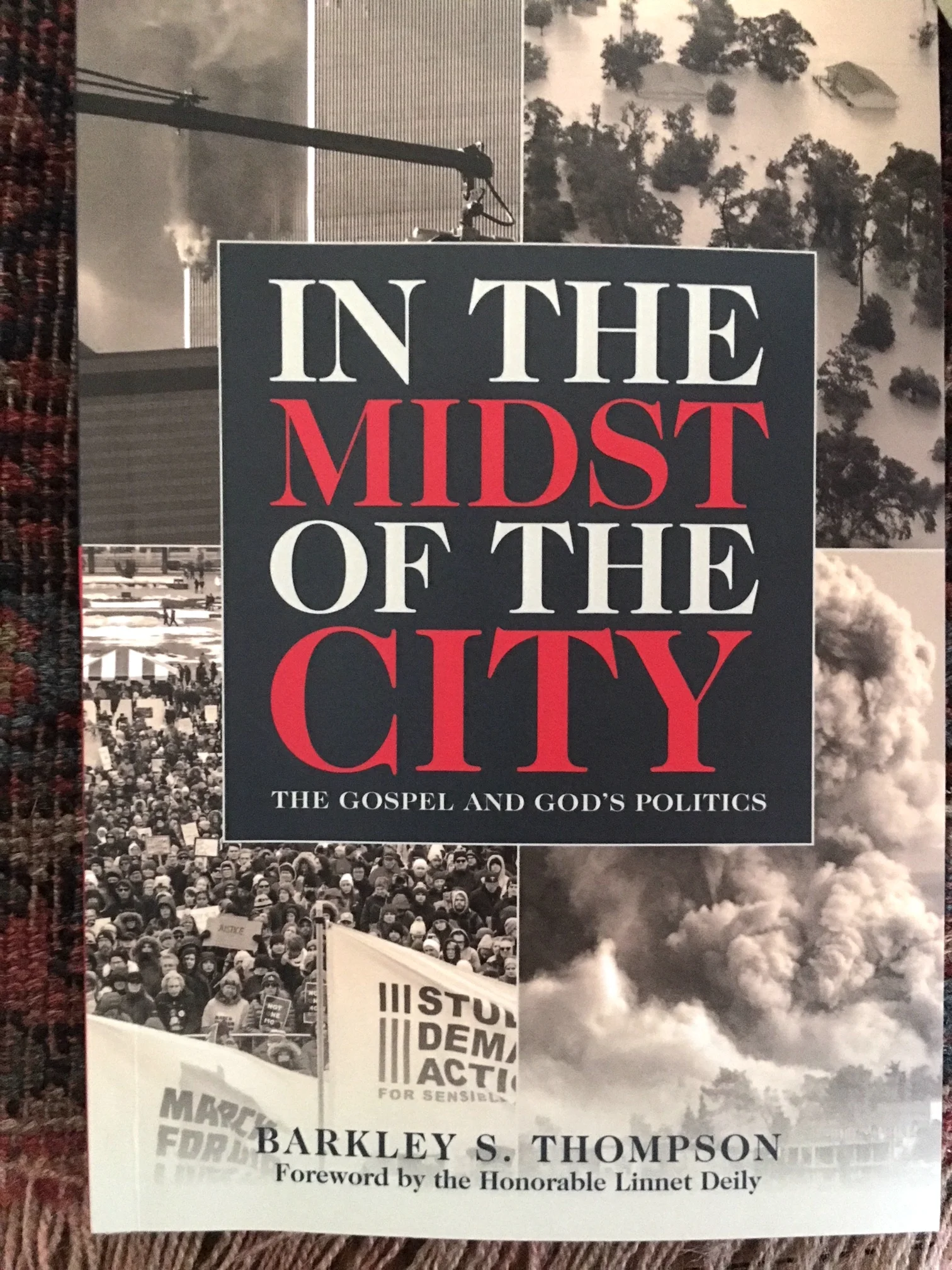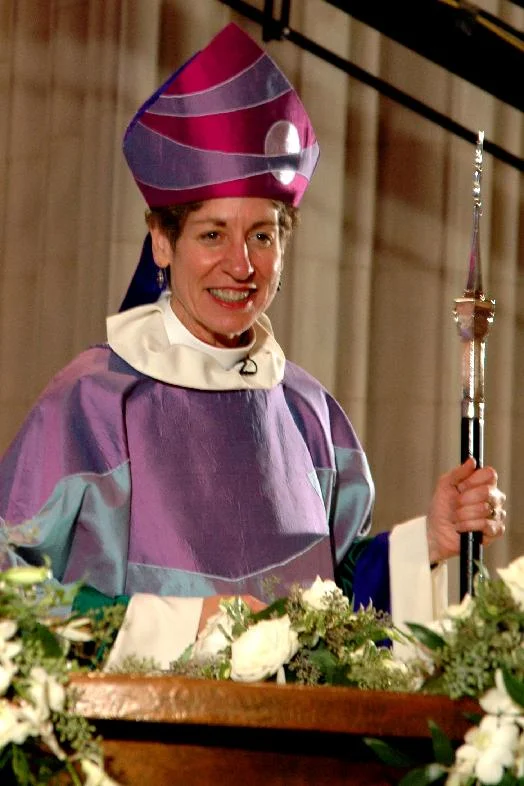Instructions to Painters
delta dawn fry
Guest contributor and artist Jeanne Fry
[Panhala] Instructions to Painters & Poets (excerpt) -- Lawrence Ferlinghetti (Redux)
Instructions to Painters & Poets
“I asked a hundred painters and a hundred poets
how to paint sunlight
on the face of life
Their answers were ambiguous and ingenuous
as if they were all guarding trade secrets
Whereas it seems to me
all you have to do
is conceive of the whole world
and all humanity
as a kind of art work
a site-specific art work
an art project of the god of light
the whole earth and all that's in it
to be painted with light
And the first thing you have to do
is paint out postmodern painting
And the next thing is to paint yourself
in your true colors
in primary colors
as you see them
(without whitewash)
paint yourself as you see yourself
without make-up
without masks
Then paint your favorite people and animals
with your brush loaded with light
And be sure you get the perspective right
and don't fake it
because one false line leads to another
***
And don't forget to paint
all those who lived their lives
as bearers of light
Paint their eyes
and the eyes of every animal
and the eyes of beautiful women
known best for the perfection of their breasts
and the eyes of men and women
known only for the light of their minds
Paint the light of their eyes
the light of sunlit laughter
the song of eyes
the song of birds in flight
And remember that the light is within
if it is anywhere
and you must paint from the inside.”
~ Lawrence Ferlinghetti ~
(How to Paint Sunlight)


